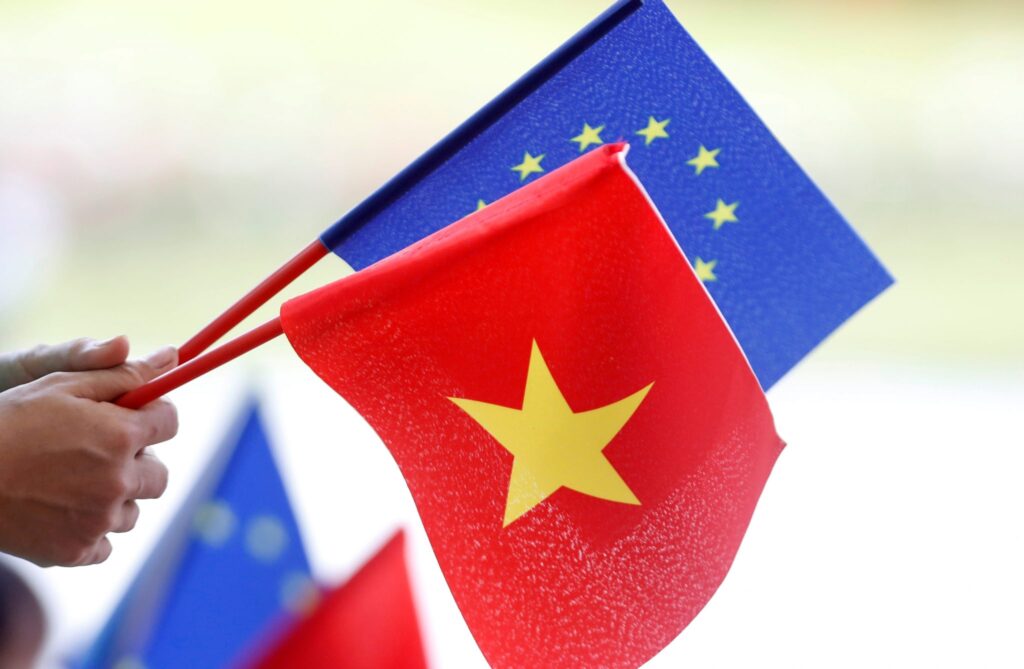Vietnam unveils draft AI law inspired by EU model
The draft sets four risk levels for AI use and strict oversight rules.

Vietnam is preparing to become one of Asia’s first nations with a dedicated AI law, following the release of a draft bill that mirrors key elements of the EU’s AI Act. The proposal aims to consolidate rules for AI use, strengthen rights protections and promote innovation.
The law introduces a four-tier system for classifying risks, from banned applications such as manipulative facial recognition to low-risk uses subject to voluntary standards. High-risk systems, including those in healthcare or finance, would require registration, oversight and incident reporting to a national database.
Under the law, companies deploying powerful general-purpose AI models must meet strict transparency, safety and intellectual property standards. The law would create a National AI Commission and a National AI Development Fund to support local research, sandboxes and tax incentives for emerging businesses.
Violations involving unsafe AI systems could lead to revenue-based fines and suspensions. The phased rollout begins in January 2026, with full compliance for high-risk systems expected by mid-2027. The government of Vietnam says the initiative reflects its ambition to build a trustworthy AI ecosystem.
Would you like to learn more about AI, tech and digital diplomacy? If so, ask our Diplo chatbot!
